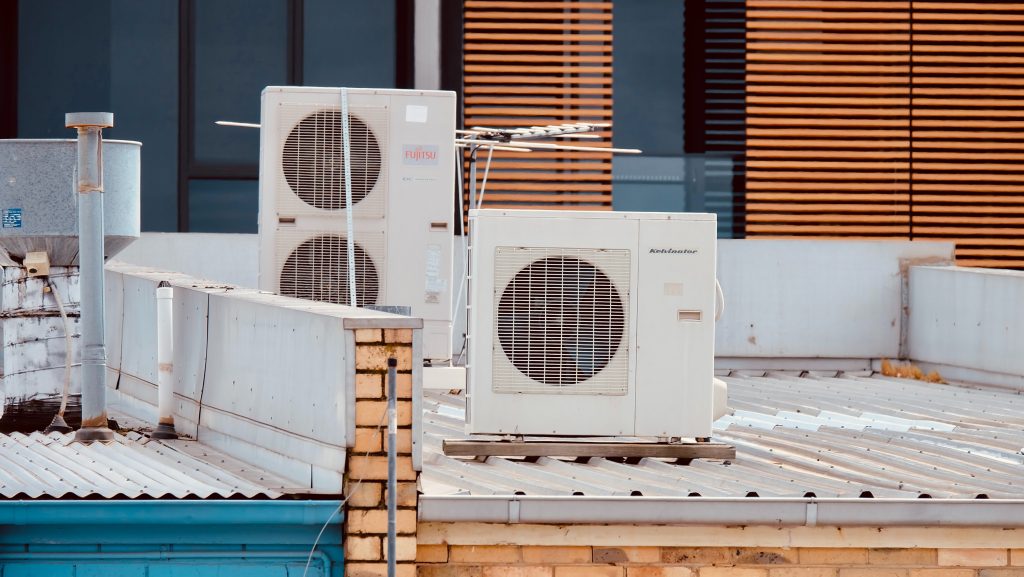Creation of second-stage shelter homes in Quebec facing major obstacles: advocates
Posted December 5, 2023 11:04 am.
Last Updated December 5, 2023 6:43 pm.
Quebec organizations that support victims of domestic violence are denouncing what they call government inconsistencies in the subsidization of new second-stage shelters.
Three groups, which includes a network of second-stage shelters, claim those inconsistencies, as well as administrative delays, are threatening the creation of 200 shelter spaces.
Second-stage shelters are non-emergency transition homes for women and children who have left situations of domestic violence.
“We need the Quebec government to understand that we’re in a situation of crisis right now,” said Maud Pontel, general coordinator at Alliance MH2.
The groups are the Alliance des maisons d’hébergement de 2e étape pour femmes et enfants victimes de violence conjugale (Alliance MH2); Regroupement des maisons pour femmes victimes de violence conjugale; and SOS violence conjugale.
“Right now, we are calling the Québec government to find a solution to provide funding for the intervention space and…all the costs that the shelters right now has to pay,” said Pontel.

The Quebec government vowed in 2021 to help develop second-stage shelters for individuals at high risk of domestic violence-related homicide, representatives for the groups said at a press conference Tuesday in Montreal.
But they say 11 projects across five regions in Quebec – totalling 200 spaces – face major obstacles.
Social housing standards
They say program standards do not match “on-the-ground realities,” arguing there is no specific program to finance second-stage shelters, but rather one based on standards designed for social housing.
They say a bulk of intervention spaces used to provide services funded by the Quebec Ministry of Health and Social Services are not recognized by the Société d’habitation du Québec (SHQ). And the Ministry, they add, does not recognize expenses related to building repair.
“Shelter homes are thus at an impasse, unable to finance these essential spaces from either side,” the groups say.
In a statement to CityNews, the Quebec Housing Ministry said it understands second-stage shelter homes are not the same as social housing.
“The Société d’habitation du Québec also meets with the Alliance MH2 every two weeks to address issues related to ongoing development projects,” wrote Justine Vézina, press secretary for France-Élaine Duranceau, the Minister responsible for housing. “It is important for us to respond to the needs of organizations with greater flexibility and agility. We are on the right track to achieve this, and we will continue our good collaboration with the Alliance MH2. Since Oct. 2018, 746 units for women victims of violence have been completed or are under construction.”
However, Vicky Croisetière from Alliance MH2 says the numbers presented are “absolute nonsense.”
“From 2018 to now, we have only registered 90 second step shelter units. The only response that we could figure out is that within her number of 746, she is calculating every single financing that was announced from 2018,” said Croisetière.
“However, as we were presenting today, a great portion of those units approved by the SHQ are currently blocked, therefore far from being under construction,” added Croisetière.
The groups supporting victims of domestic violence also claim fund disbursement is delayed by administrative hurdles.
“While some progress has been made through multiple meetings, the current situation is being managed, at present, only one project at a time, which is highly discouraging,” they said.
“We find ourselves nonetheless powerless in the face of the government’s inconsistency across various programs. We must urgently move away from a case-by-case approach.”
They are calling for the mobilization of 18 ministries and political bodies involved in the “Integrated Government Strategy to Counter Sexual Violence, Domestic Violence, and Rebatir la Confiance 2022-2027.”
“This is to facilitate quick adjustments and adaptations of existing funding programs to unblock projects at risk of not materializing in the short term,” the groups said.
“Those costs that the shelters are managing, it’s not their responsibility, it’s the responsibility of the government,” said Pontel. “We have to find a solution.”



